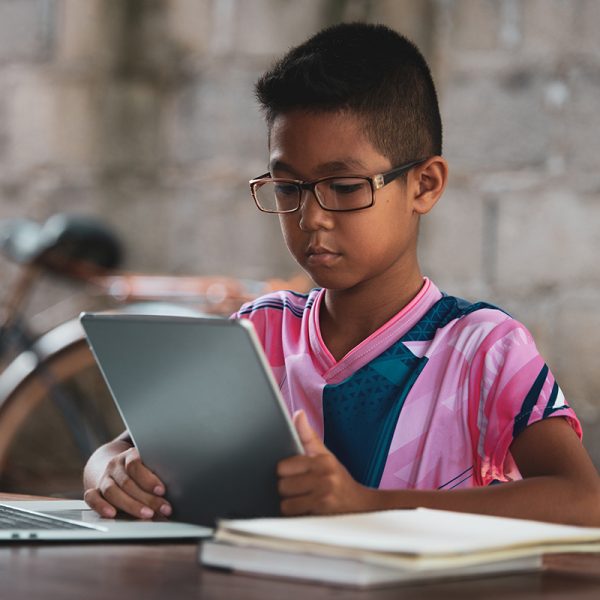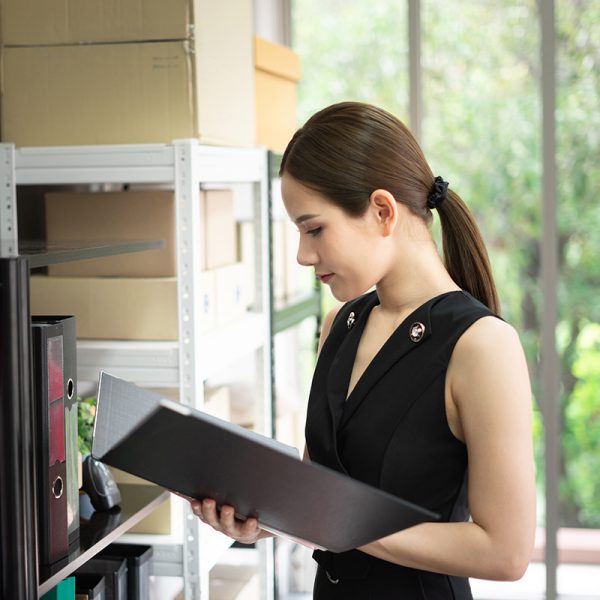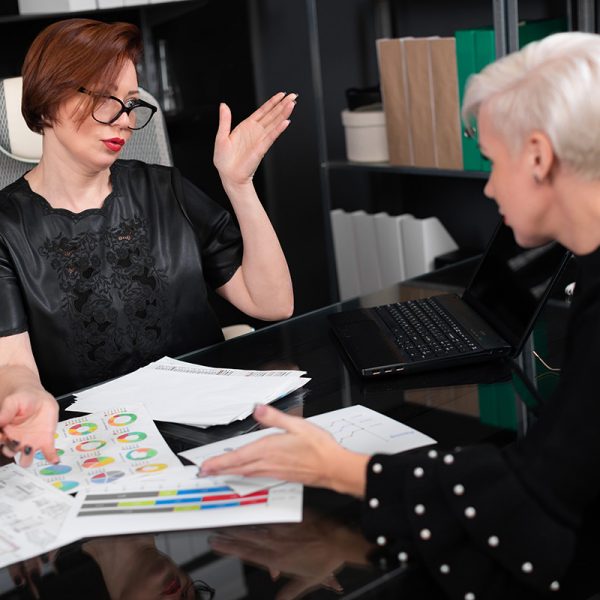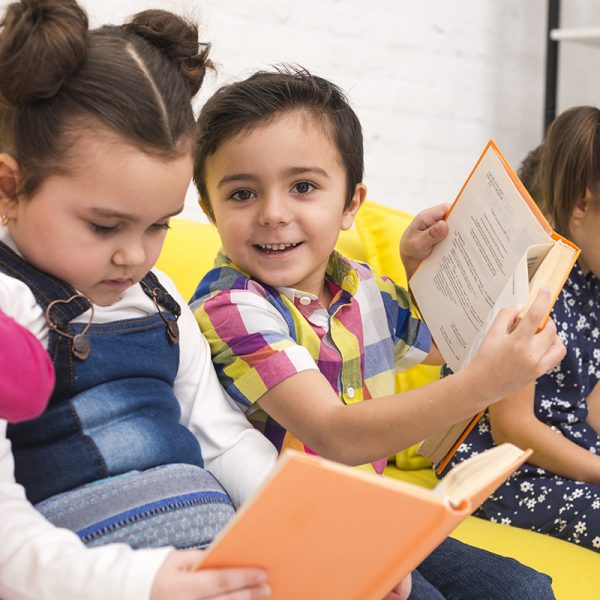Annette Gray is a literacy consultant and adviser. She has many years’ successful teaching experience in classrooms K-10 across Australia and in international settings.
As part of Primary Learning’s online professional resources, we are launching the ‘Exploring Literacy’ series of courses for teachers. Each course consists of a reading or research, questions to consider, and ideas for implementation in the learning process; possibilities for our students’ learning are introduced. Each course is available as a ‘stand-alone’, or as part…
Telling stories has always been an essential feature of human life. Ancient stories have enthralled and informed our lives, and stories continue to remind us of who we are, where we have come from, and how to make meaning out of life.
In this new world we are inhabiting for a while, everyone is working at home with the family. It can seem daunting to have to do your own work, and at the same time manage your children’s learning. It’s a big ask for everyone.
In the next few weeks we have some major, national and religious events that we can acknowledge in our schools. They provide the opportunity to examine the Australian Curriculum’s general capability of Intercultural Understanding and examining some of the stated and unstated values in our everyday context.
We have an amazing choice of reading material as we fulfill the obligation to read widely to our students. How can we broaden our knowledge of how and what to choose?
Annette discusses the Mparntwe Declaration and ways we can work towards an improved education system over the next ten years.
Annette discusses -ise versus -ize and other idiosyncrasies of the always evolving English language
Several of the many facets of the complexity of schooling moved into the public arena with the ABC’s Four Corners program, DigiKids. DigiKids which aired on Monday 11 November, 2019.
Considering the interim report on the review of curriculum conducted by the NSW Education and Standards Authority (NESA), and putting it into a broader context.
What we do in the classroom builds on and around this for each child. We have to treat all literary practices as an integral component of our students’ lives, so that they can take themselves seriously as active participants.









